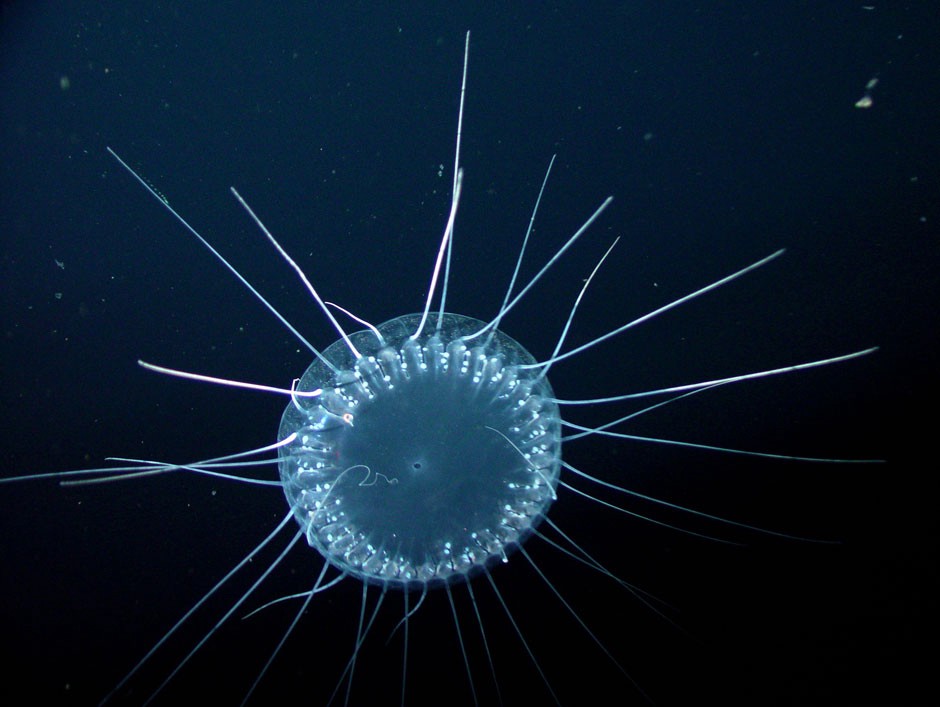DeepGreen Forcing Deep Sea Mining on the World

Admits risks to biodiversity “may never be completely and definitively known”
Media Release | 02 September 2021
The prospective deep sea mining company, DeepGreen Metals, is hoping Sustainable Opportunities Acquisition Corp (SOAC) shareholders will approve the business combination with it, at this Friday’s Extraordinary General Meeting (EGM). Merging with an already listed company can be seen as an attempt to avoid full scrutiny. If the proposed merger is approved, the deep sea mining venture will be able to go public as The Metals Company (TMC).
This is happening just as the IUCN’s World Conservation Congress opens on Friday to debate global conservation initiatives needed to halt and reverse the degradation and loss of the ocean’s species, ecosystems and biodiversity.
Dr. Helen Rosenbaum, Coordinator, Deep Sea Mining Campaign stated:
“DeepGreen is set on forcing deep-sea mining on a world that barely knows anything about this looming industry regardless of the environmental consequences and the implications for the health and livelihoods of Pacific Islanders. Pushing through this merger before global society has had an opportunity to discuss whether it wants this high risk source of metals totally discredits their claims to being an ESG investment”.
“This comes on top of DeepGreen triggering the “2-year rule” via its sponsoring state Nauru. DeepGreen is demonstrating contempt for international regulatory processes and disregard for the concerns of society. Hardly the hallmarks of an environmentally and socially concerned enterprise.”
Maureen Penjueli of the Pacific Blue Line collective stated:
“We live in the Pacific Ocean, we depend on it for sustenance, livelihoods and economic wellbeing. Our cultures are based on deep knowledge, respect and spiritual connection with the ocean. Pacific civil society organisations are challenging our own governments which are opening the door to deep sea mining,”
“We the people of the Pacific have not been consulted, let alone given our consent to deep sea mining. We will fiercely resist DeepGreen’s dangerous plans, using a few Pacific Island states, to destroy our ocean. We ask SOAC shareholders to heed our concerns and realise this is NOT a safe investment for you or for us. Do not vote to invest in TMC.”
Andy Whitmore, Finance Advocacy Officer, Deep Sea Mining Campaign said:
“We recently alerted SOAC shareholders to the many reasons to vote against the proposed business combination. This follows a shareholder advisory that was sent to SOAC shareholders in May.”
“TMC is riddled with risks relating to litigation, potential liabilities, lack of insurability, market uncertainty for the metals it plans to mine and huge questions over technical and financial feasibility. The prospectus submitted to the SEC, clearly shows that fundamental aspects such as future revenues, operating expenditures and the value and size of mineral reserves are based on speculation.”
Following objections lodged with the SEC about SOAC’s misrepresentation of TMC as sustainable1, the S4 Prospectus has been revised several times. While still not accurately describing the scope and scale of impacts, the revised filings do finally concede that the impacts of TMC on biodiversity and ocean ecosystems may never be known, that biodiversity loss and species extinctions may not be prevented, and that the impact of mining nodules on global biodiversity may in fact not be less than land-based mining.2
Deep Sea Conservation Coalition’s Co-founder and Policy Adviser, Matthew Gianni, stated:
“Scientists continue to warn that if deep sea mining goes ahead, the impacts would likely be severe and recovery of deep sea species and ecosystems from mining impacts could take thousands to millions of years.”
“This cannot be characterized as a ‘sustainable’ industry or ESG investment by any conceivable stretch of the imagination”.
“Battery technology is also advancing at a rapid pace, and could soon make the metals that deep sea miners hope to target redundant. SOAC investors might want to consider whether they may be left holding an expensive stranded asset.”
Gianni concluded.
________
1 Objections submitted by Deep Sea Mining Campaign, by Greenpeace, Global Witness & the DSCC, and by Campaign for Accountability
2 Revisions are notable on pages 50, 125 & 126 of the S4 prospectus. A summary document is available for review.
RELATED NEWS
BLUE PERIL
